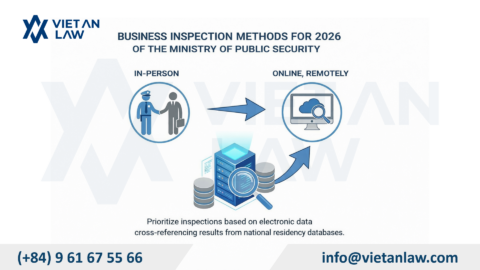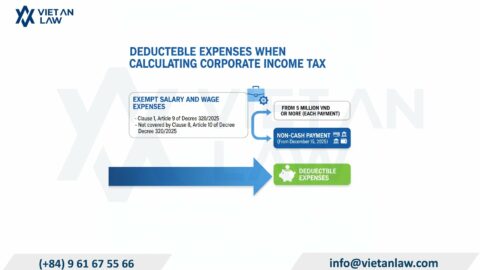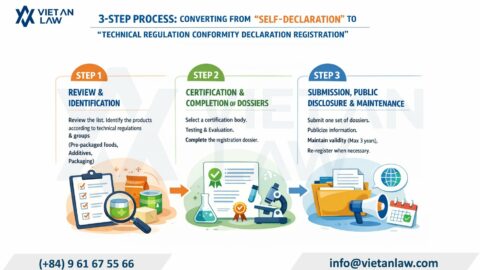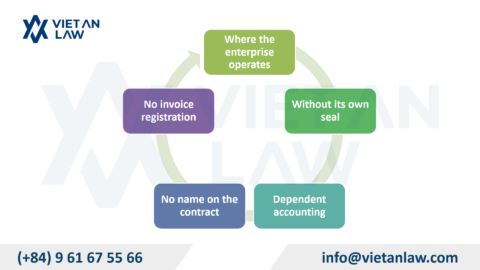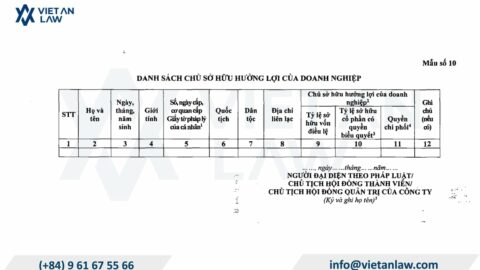During divorce proceedings, the issue of child support is always considered a crucial matter to ensure the rights and interests of minor children. However, after a court judgment or decision takes legal effect, there are many cases where the parent obligated to pay child support deliberately evades their responsibility, causing difficulties for the parent with direct custody. In light of this situation, the law has stipulated the right to sue for the enforcement of the child support obligation. As a professional legal consulting firm, Viet An Law would like to present a detailed guide on the procedure for child support non-payment lawsuit procedures in Vietnam, in accordance with current legal regulations.
Table of contents
Based on the provisions in clause 24, Article 03 of the 2014 Law on marriage and family, support is the act of a person contributing money or other assets to meet the essential needs of someone they do not live with but who is in a marital, blood, or nurturing relationship with them, in cases where that person is a minor, an adult who is unable to work and has no assets to support themselves, or someone facing difficulties and hardships as stipulated by law.
According to clause 02, Article 82 of the 2014 Law on marriage and family, a parent who does not directly raise a child has the responsibility to provide child support. Furthermore, Article 07 of Resolution No. 01/2024/NQ-HDTP of the Council of Judges of the Supreme People’s Court, which guides applying some legal provisions in resolving marriage and family cases, stipulates the child support obligation of a parent who does not directly raise a child as follows:
Based on the provisions of Article 119 of the 2014 Law on marriage and family, the following individuals and organizations have the right to file a lawsuit in cases of non-payment of child support:
Furthermore, since those entitled to support are often in a vulnerable position, to protect their legal rights and interests, this law stipulates that any other individuals, agencies, or organizations who discover an act of evading the support obligation have the right to request the above-mentioned agencies or organizations to petition the court to compel the person who is not voluntarily fulfilling their support obligation to do so.
According to Article 186 of the Civil Procedure Code 2015, individuals and organizations have the right to file a lawsuit with a competent People’s court to protect their legal rights and interests when they are violated.
The act of a parent failing to fulfill their child support obligation is considered a violation of the child’s legal rights and interests. Therefore, the child’s legal representative has the right to file a lawsuit to demand support.
The person suing for non-payment of child support needs to prepare a basic dossier and documents as follows:
Based on clause 05, Article 28 of the Civil Procedure Code 2015, a dispute over the child support obligation is one of the disputes falling under the jurisdiction of the court.
Based on Articles 35 and 37 of the Civil Procedure Code 2015, the district-level court has the authority to resolve this dispute, except in cases with foreign elements (e.g., the parent is a foreigner, or is residing/living abroad, etc.).
Based on Article 39 of the Civil Procedure Code 2015, the court in the area where the defendant resides has the authority to resolve the child support dispute.
Thus, typically, the person filing the lawsuit for child support will submit the lawsuit dossier to the district-level people’s court where the defendant resides for resolution.
To file a lawsuit for non-payment of child support, the plaintiff needs to follow these basic steps:
The plaintiff prepares the dossier and submits it to the competent court as previously instructed.
Within 08 working days from the date the court receives the lawsuit dossier, the assigned Judge must issue one of the following decisions:
We hope this article has helped you understand the child support non-payment lawsuit procedures in Vietnam. If you need specific legal assistance, please contact Viet An Law for timely and effective advice.
